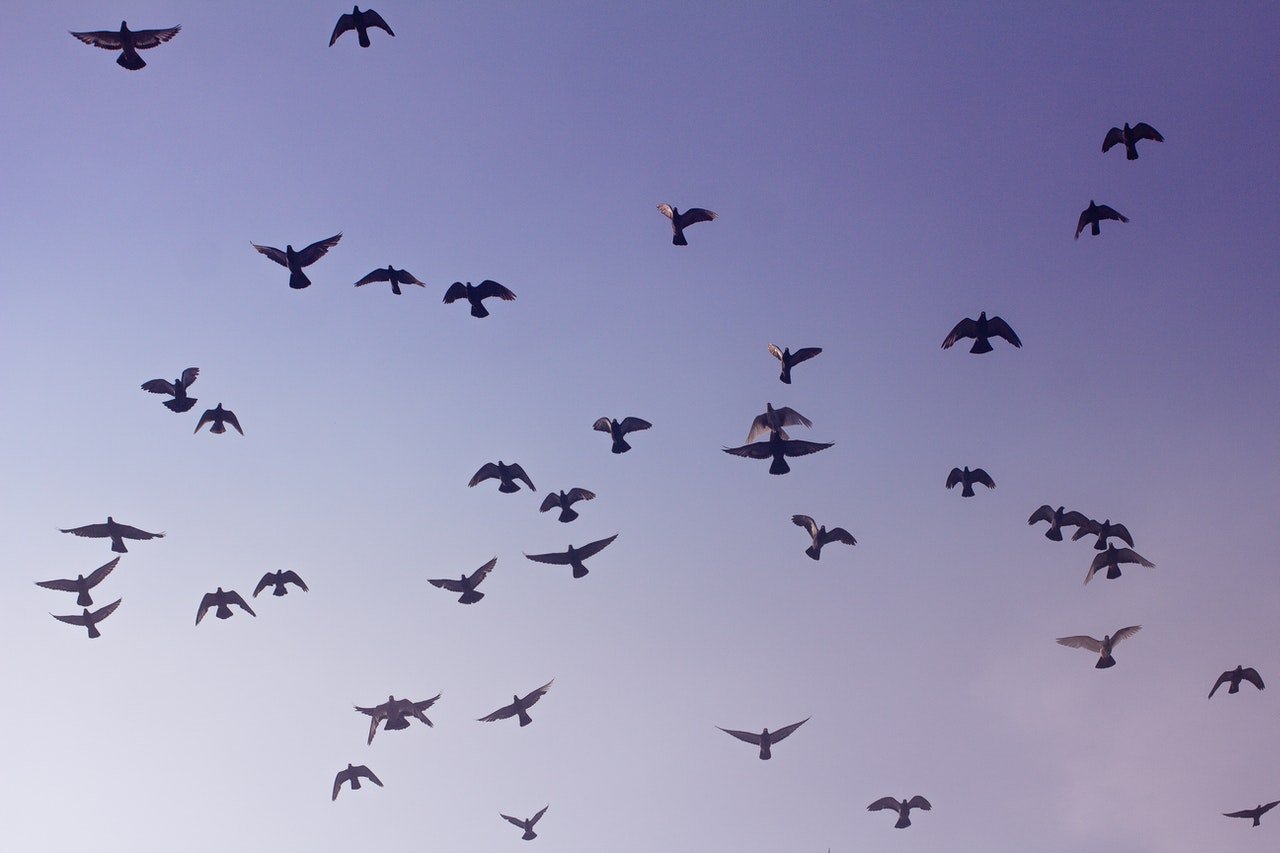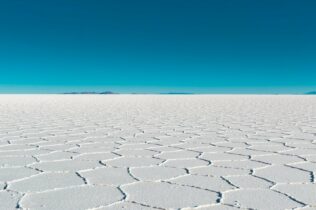
Photo by Rodolfo Clix.
There was the vacation that ended the first marriage. A week of sun and beach with the wrong person can do that. Though, to be fair, that was a million years and several lifetimes ago.
And then there was the vacation where we both decided to quit our jobs and go build a company together.
That was the one where we sent one parent as a runner to the bar to get mezcal margaritas. Which we then drank on the floor in the gigantic bathroom because it was the only place to sit where we wouldn’t wake sleeping kiddos.
And the same one where we decided to write the book. The first time. Apparently, a week of sun and beach can do that, too.
Not every vacation is like this, of course. But there’s nothing quite like changing your location and routine to give you the space to see things more clearly. It’s why we liked business travel (back in the days when people still did that). And it’s why all the effective strategy offsites happen off site. It’s also why we have all these metaphors around taking a step back, zooming out, and seeing the forest through the trees. Because there is no clarity without space.
Tis the damn season
It’s December now. Just barely. Our Americans are coming back from a long stretch. And in much of the world, we’re staring down that magical part of the year. The one where all email is met by an autoresponder, wishing you merrys and happys and if this message is urgents.
The trick about this time of year is not only the chunky blocks of downtime. It’s the quiet that comes from many other folks having downtime at the same time. The global conspiracy that causes us all to reply to email a little slower. Or to work like hell to finish the project ahead of time. Or adjust the deadline to pick it up after.
And that upcoming downtime is a thing we should talk about.
Not all downtime is rest
We know that rest is transformative. We can point to periods of downtime in our lives as the places when we got to clarity. Where we had space. Space to breathe, and to take stock. Space to pick our heads up and look at our surroundings, and realize that we weren’t where we wanted to be. One week of space was enough to change everything. Twice.
But we also know that a lot of downtime doesn’t feel like rest. A lot of downtime feels guilty, or stressful, because of the missed work it represents. We talk to bosses who feel bad about not taking vacation, and then feel bad when they do. Who feel like they’ve earned a rest (you don’t have to earn rest) but then spend that time thinking about work instead of resting.
That’s not space. And the result is that you come back to work feeling like a failure, because you didn’t do the thing you knew you needed to do. You’re back at work with colleagues who expect your battery to be full, but it isn’t.
Shit.
Overwork is not engagement
A few weeks ago we were talking with Dr. Malissa Clark about her work in Industrial/Organizational psych at the University of Georgia. She said two things that we haven’t stopped thinking about since.
The first thing she said is that workaholism is distinct from just being really into your work. That workaholics – people who self-identify as excessively involved in their work – aren’t more engaged, or even better performing. That their relationship to work is one with specific, negative outcomes.
This stuck for us, because it made an important distinction clear. There’s nothing wrong with loving your work and wanting to do it well. But when you get to the point where you’re having trouble putting it down. When work is the first thing you think about in the morning, or the last thing you think about before bed. When you’ve stopped being in control of the mental space it occupies. That’s not a sign of commitment, or hustle, or passion. That’s not engagement. That’s a problem.
The second thing she said hit even harder.
We were talking about research on rest and recovery. And Dr. Clark, almost offhand, mentioned that there was a clear and lasting benefit to having a thing. A thing that pushes work out of your brain. Some kind of task that occupies you enough that work thoughts don’t make it in.
If we could we’d have jumped through the zoom window. We know this thing she’s describing. It’s something we’ve talked to bosses about for years, without really having a name for it. We ask questions like, “when you’re underwater, what helps bring you back?” We encourage bosses to treat themselves as worthy objects of study. Not from a place of judgement or a need to fix who they are. But from a place of taking ownership for how they show up.
And the answers we get are fascinating.
Some people say running. Or swimming. Or meditation. But others say “doing the dishes.” Or puzzles. Or video games. Or “listening to a podcast where I don’t even care what they’re talking about I just need words.” Or “music without any words.”
And often, maybe a third of the time, people don’t have an answer. They don’t know what brings them back. They don’t know what their thing is. At least not yet.
Literal and figurative puzzles
We’ve got about three weeks before we’re into the end of year downtime. Maybe you already know your thing. The one that pushes work out of your brain completely. Maybe you have a stack of puzzles lined up and ready to go as soon as you send your last email. And maybe it helps you to know that the research is on your side. That stack of puzzles is part of a comprehensive rest and recovery practice you’ve happened into. So long as it actually happens.
But if you’re someone who doesn’t know your thing yet, then your job over the next few weeks is to try a bunch of things. Pay attention to what (if anything) successfully shoves work out of your head. You can ask other people for ideas, but don’t be surprised if their thing doesn’t work for you. It’s ok if you’re a podcast and a long walk person. And it’s ok if you need Call of Duty or Civ VI. The activities can be wildly different, but all heading toward a consistent outcome. Get the work stuff out of your brain.
We can offer up platitudes about why everyone does better without work loops dominating their every waking thought. But you already know that. What most people don’t have is a quick path to address the overwork and overwhelm. But those paths exist. And there’s still a few weeks left to find yours.
Consider it an early present to yourself.
– Melissa and Johnathan






